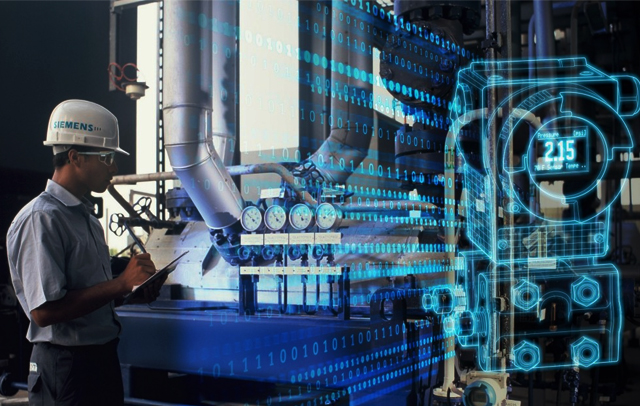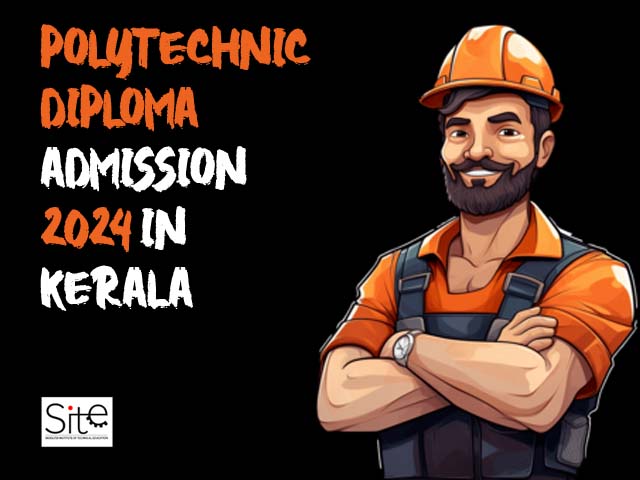- Have any questions?
- 9544233633
- info@skooltek.in
7 Reasons to study Industrial Instrumentation diploma courses after 10th or 12th (Poly Diploma)

5 Reasons To Study Diploma in Marine Mechanic Course after SSLC, +2 (Poly Diploma)
February 7, 2023
TOP 5 Job Oriented Technical Diploma Courses in India -2023
February 28, 20237 Reasons to study Industrial Instrumentation diploma courses after 10th or 12th (Poly Diploma)

Here are Seven strong reasons to study Diploma in Industrial Instrumentation Course:
- Diploma in Industrial Instrumentation Course offers bright job prospects.
Diploma engineers are in demand all over the world. If you want to grow in this line of engineering, you will need to have an Engineering Diploma certificate. Some people are already in this field and wish to further their career with an additional certification.
- Industrial Instrumentation Engineers are multi-skilled and enjoy great starting salaries.
People with engineering skills are highly valued in society and their salaries reflect that fact. One might refer to a qualified engineer as a jack-of-all-trades, and those in the engineering sector often do. Engineers have a working knowledge of computer applications, electricity, structures, mathematics, and physics, plus they’re required to have some understanding of social, environmental, and economic factors.
- Access to more global opportunities.
If you have been intending for a job in the engineering field, your chances will get boosted with the Industrial Instrumentation diploma Course. More and more companies today have started acknowledging the significance of distance learning for engineering. This means that after completing the Industrial Instrumentation diploma Course, you will be eligible for many more jobs than you might have thought about.

- Industrial Instrumentation diploma Course makes you job ready.
Many university degrees will focus on theory-based knowledge. Diploma gives you the opportunity to understand the skills you need while allowing you to put these skills into practice. This will enable you to jump straight into the workforce with all the necessary knowledge and capabilities
5. Industrial Instrumentation Engineers are at the forefront of future technologies.
Mechanical engineering is at the forefront of developing new technologies for a number of industries including transport, healthcare, construction, and robotics. What an exciting time to be alive and what an exciting time to be a mechanical engineer.
6.Learning is flexible & completed in significantly less time.
University professional degrees require a minimum of four years of full-time study, while diplomas need only two to three years at the very most. Most technical diplomas can complete within 2-3 years or much less and qualification for applying a diploma course is SSLC, lateral entry option(direct entry to 2nd year) available for plus two science passed or ITI passed students.Due to the practical nature of diplomas, the amount of time you spend learning and completing assignments will be greatly lessened, allowing you to enter the workforce and reap the benefits sooner.
7.Good Ratio of Government and Private sector job opportunities.
When it comes to core engineering branches, job opportunities in both government as well as private sector are impressive. In India, there is a craze, when it comes to landing a government job.Core branches will be of immense help to those who are interested in Government sector employment. Industrial Instrumentation Engineers are hired by State Governments and Central Government in large numbers. Some of the common recruiters include- Indian Railways, Indian Armed Forces, Electricity Boards, Power Transmission Departments, Oil and Energy etc.for more details https://www.skooltek.in/technical-diploma-courses/




